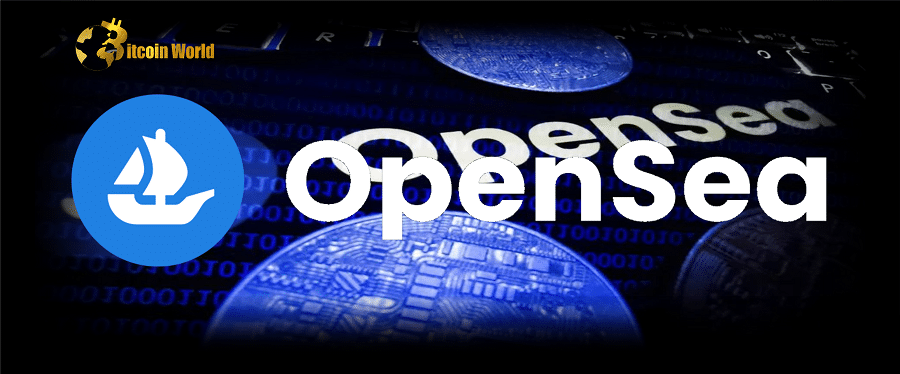To comply with US sanctions, 30 Cuban artists and collectors were reportedly censored on the OpenSea NFT marketplace. Gabriel Guerra Bianchini and Fábrica de Arte Cubano are two well-known Havana-based artists.
According to an OpenSea spokesperson, the company is abiding by the restrictions imposed by the United States. The exclusion of Cuban artists from online marketplaces has been a source of contention all year.
“Our terms of service explicitly prohibit sanctioned individuals, individuals in sanctioned jurisdictions, or services from using OpenSea,” a company representative stated.
@nftcubaart recently tweeted that none of the collections are viewable on OpenSea. Despite confirmation that their accounts have been disabled, their wallets and NFTs are still accessible.
“So sad to see that the future of web3 will not be decentralized,” Cryptocuban founder Gabriel Bianchini responded.
“In times of crisis, development work is carried out, and this absurd attitude leads us to think about more decentralization to safeguard our interests,” NFT artist Ernesto Cisneros said. That is the primal spirit on which we must concentrate our efforts. It’s as simple as that.”
The largest NFT marketplace, OpenSea, is one of many online services that have barred Cuban nationals in the last year. In 2021, the marketing platform MailChimp suspended a Cuban journalist’s account, only to reinstate it later.
Cubans claimed in 2021 interviews with TIME that they were barred from a variety of cloud services, blogging platforms, and other digital platforms, including NFT marketplaces. This is due to the United States’ nearly 60-year economic embargo against the country.
The Department of the Treasury’s Office of Foreign Assets Control (OFAC) tightened sanctions in September 2019. However, some services are still permitted under the Cuban Assets Control Regulations (CACR). Services such as web hosting, domain name registration, social networking, VOIP, and email or other messaging platforms are examples.
As companies try to keep a clean record in the United States, digital blockades may worsen. This is because regulators are tightening their grip on the cryptocurrency industry. Especially given the FTX debacle and the sluggish cryptocurrency market.
Binance, the largest cryptocurrency exchange by volume, came under fire in July for allegedly violating US sanctions by allowing Iranian traders on its platform. In October, Bittrex was hit with a $24 million fine from American authorities. The claim was that the cryptocurrency exchange provided a way for customers to avoid US sanctions on Syria, Iran, and Crimea.
Given the current regulatory issues in the cryptocurrency market, any platform would presumably reduce additional violations.














